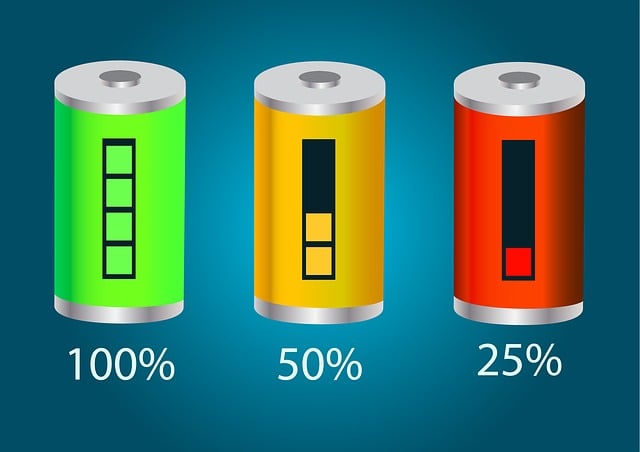Understanding Oregon's stringent drug laws is crucial for defending against charges. Specialized attorneys navigate complexities, challenge evidence, and craft tailored defenses based on state laws related to possession and distribution. A nuanced approach involves scrutinizing arrest procedures, search warrants, and case evaluation to protect rights and achieve favorable outcomes through trials or plea bargains.
“In Oregon, defending drug charges requires a deep understanding of state laws and strategic legal maneuvers. This comprehensive guide delves into the key strategies for navigating Oregon’s complex drug defense landscape. From deciphering laws and penalties to evaluating evidence and negotiating plea bargains, we explore proven tactics. Legal professionals and those facing charges alike will find invaluable insights on building a solid defense, ensuring the best possible outcome in Oregon’s criminal justice system.”
- Understanding Oregon Drug Laws and Penalties
- Building a Solid Defense: Legal Strategies
- Evidence Challenges and Case Evaluation
- Navigating Plea Bargains and Trial Procedures
Understanding Oregon Drug Laws and Penalties

Understanding Oregon’s drug laws is a crucial step in defending against drug charges. The state has stringent regulations, with penalties varying based on the type and amount of substance involved. For instance, possession of small amounts of marijuana may result in a fine, while more serious offenses like distribution or sale can lead to lengthy prison sentences and substantial fines.
Knowing these laws is vital for building a defense strategy. Attorneys specializing in defending drug charges in Oregon can guide clients through the complexities, ensuring their rights are protected. They help interpret the law, examine evidence, and explore potential defenses tailored to each case, ultimately aiming to mitigate consequences for those accused of drug-related crimes.
Building a Solid Defense: Legal Strategies

When building a solid defense against drug charges in Oregon, legal strategies play a pivotal role. One effective approach is to challenge the evidence presented by the prosecution. This involves scrutinizing the method of collection, potential contamination, and the chain of custody to ensure the integrity of the evidence. For instance, if drugs were seized during an arrest, lawyers can question whether the officers followed proper procedures, which could lead to the exclusion of evidence.
Additionally, understanding the specific laws related to drug possession and distribution in Oregon is crucial. Legal teams can employ strategic arguments based on these laws to cast doubt on the prosecution’s case. They might challenge the definition of “possession” or argue that the amount of drugs found does not meet the legal threshold for more severe charges. Such strategic defenses aim to protect the rights of individuals facing drug-related accusations, ensuring a fair trial and potentially leading to reduced sentences or acquittals.
Evidence Challenges and Case Evaluation

Defending drug charges in Oregon requires a thorough understanding of evidence challenges and a meticulous case evaluation. One of the primary issues for defense attorneys is handling insufficient or tainted evidence, as police misconduct or improper storage can compromise the integrity of drug-related cases. For instance, if an officer’s search warrant does not accurately describe the location or lacks probable cause, any seized evidence could be ruled inadmissible in court.
Moreover, case evaluation involves scrutinizing the prosecution’s strategy and gathering exculpatory evidence. This includes examining lab reports for potential errors, cross-referencing witness testimonies, and exploring alternative explanations for alleged drug transactions. By identifying weaknesses in the state’s case, a defense attorney can build a robust strategy to protect their client’s rights and potentially achieve an acquittal or reduced sentence when defending against drug charges.
Navigating Plea Bargains and Trial Procedures

Navigating plea bargains and trial procedures is a crucial part of defending drug charges in Oregon. When facing drug-related accusations, individuals often have the option to negotiate a plea bargain with prosecutors. This process involves discussing potential penalties, including reduced charges or lighter sentences, in exchange for a guilty plea. A skilled defense attorney can play a pivotal role here by advising clients on the pros and cons of such agreements and ensuring their rights are protected throughout these discussions.
During trial procedures, understanding the legal system’s requirements is essential. The defendant must be familiar with the burden of proof, the rules of evidence, and the potential outcomes. A well-prepared defense strategy can challenge the prosecution’s case, scrutinize evidence, and present mitigating factors to achieve a favorable verdict or reduce the impact of a conviction. Effective navigation of these procedures significantly influences the outcome for those defending drug charges in Oregon.






